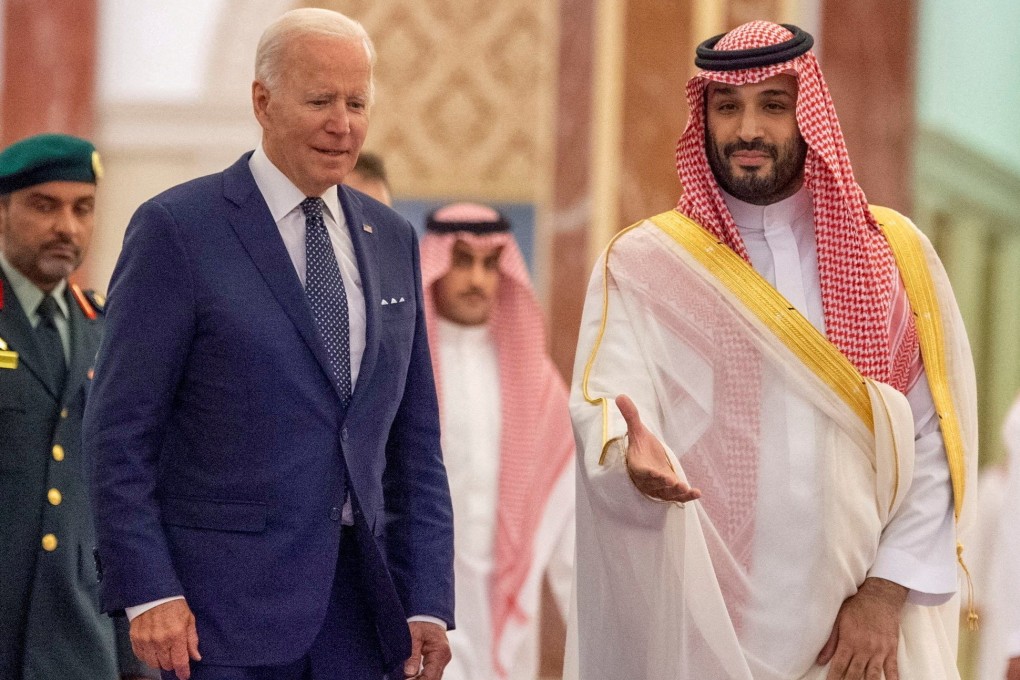Letters | Was Opec+ move Saudi Arabia’s revenge for Biden’s ‘pariah’ threat?
- Readers discuss the implication of the Opec+ decision to cut oil production, the urgency of avoiding conflict over Taiwan, Russia’s nuclear weapons, and the Crimea bridge attack

The Opec+ decision could thus be seen as a US political and diplomatic failure. US Secretary of State Antony Blinken has said the Biden administration is reviewing various options in response, although he did not specify what these would be. Last week, Biden said there would be “consequences” for US relations with Saudi Arabia. Democrats in Congress have called for the United States to freeze arms sales to Saudi Arabia. Such moves would not be surprising, going by how the US has reacted to nations that acted against its interests.
In the past, the US’ scaremongering worked to bring defiant nations to heel, but now it is not as powerful and influential as it was in all domains previously. So, given the current global anxieties over the supply of oil, it is no wonder Saudi Arabia seems to have taken the opportunity to make a point.
Randy Lee, Ma On Shan